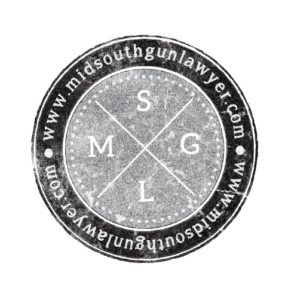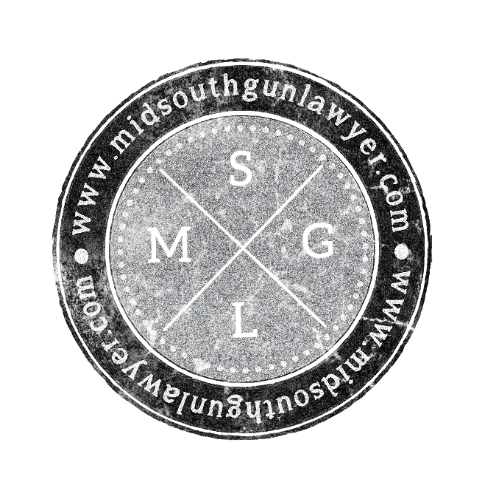Tennessee has statutorily incorporated the “Castle Doctrine,” primarily within its self-defense statute. “[A] person who is not engaged in unlawful activity and is in a place where the person has a right to be has no duty to retreat before threatening or using force against another person when and to the degree the person reasonably believes the force is immediately necessary to protect against the other’s use or attempted use of unlawful force.” Note this includes the same proportionality requirement as justifiable homicide, requiring a defender to only respond in like or lesser force. Further, such person may use force “intended or likely to cause death or serious bodily injury” if the person has reasonable belief that there is an imminent danger of death or serious bodily injury; the danger creating that belief is real, or honestly believed to be real at the time; and the belief of danger is founded upon reasonable grounds. Tennessee also has a special subsection authorizing use of force by a nuclear security officer.
Any person using force “intended or likely to cause death or serious bodily injury within a residence, business, dwelling or vehicle is presumed to have held a reasonable belief of imminent death or serious bodily injury to self, family, a member of the household or a person visiting as an invited guest.” This presumption does not apply when (1) the person force is used against has the right to be there; (2) the person force is used against is trying to remove a child, grandchild, or other person over whom they have legal custody; (3) the person using force is engaged in unlawful activity or using the house/vehicle/dwelling for unlawful acts; and (4) the person against whom force was used is a law enforcement officer acting in official capacity.
The threat or use of force against another is not justified when the person using force consented to the exact force used or attempted by the other (mutual combat). Nor is it justified when the person using force provoked the other individual, unless: the person using force abandons the encounter or clearly communicated to the other an intent to do so, and the other nevertheless continues or attempts to use unlawful force against the person. Lastly, the threat or use of force is not justified to resist a halt at a roadblock, arrest, search, or stop and frisk that the person using force is knows is being made by law enforcement, unless: the officer attempts to or uses greater force than necessary to make the arrest, search, stop and frisk; and the person using force reasonably believes that the force is immediately necessary to protect against the officer’s use or attempted use of greater force than necessary.

